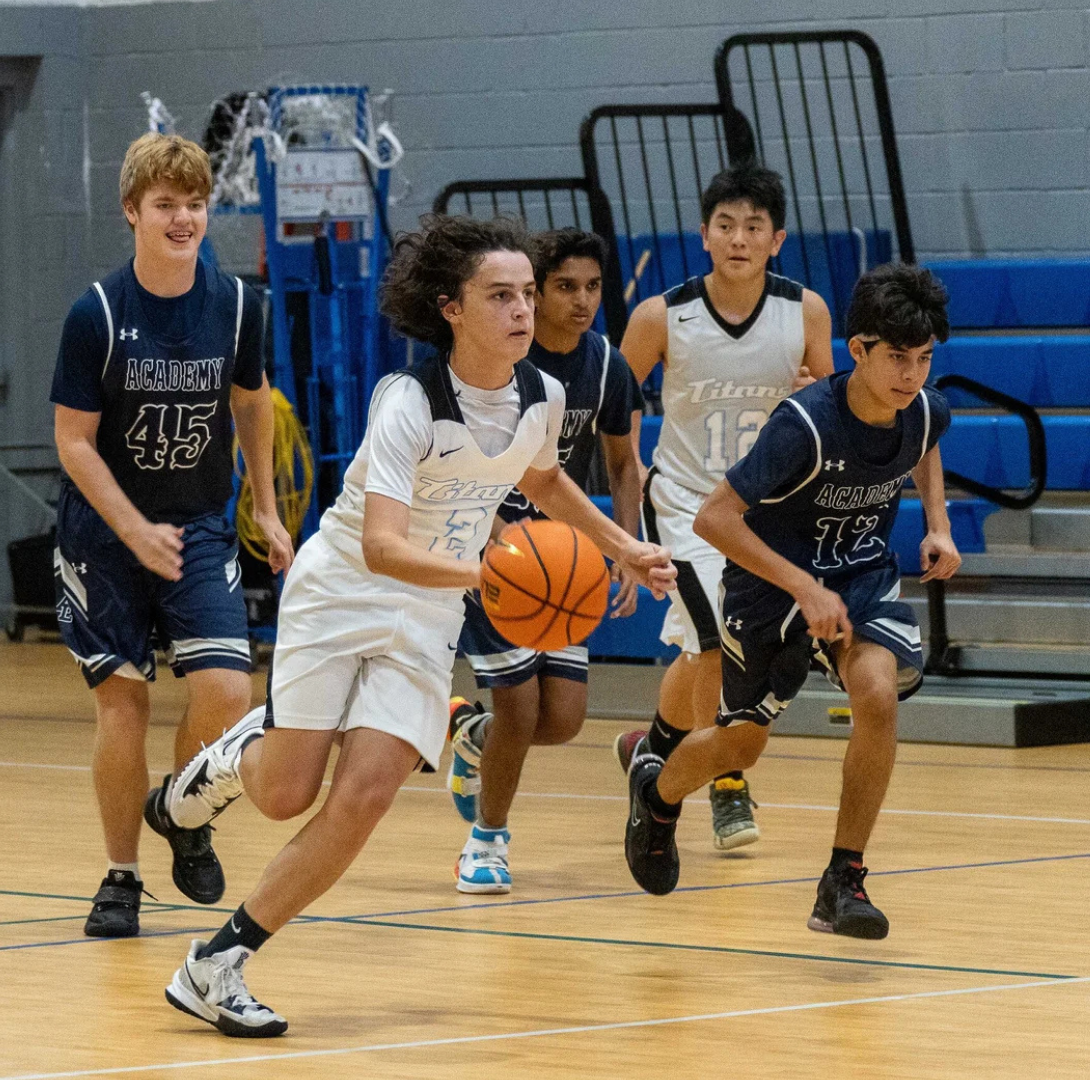Children learn leadership skills in different ways, and student athletes have an advantage in that leadership is an essential part of what they do. Whether it’s being an effective team player or trying for the position of team captain, opportunities abound in school sports. While every child has the chance to become a leader on the field, leadership skills don’t come naturally to everyone. Read on to learn about some ways you can help your student athlete become a leader.
Leadership Skills Learned from Sports
Being part of a sports team in school gives children the perfect opportunity to discover and hone their leadership skills. Playing sports with others teaches skills like teamwork, discipline and resilience through difficult practices, competitive games and all the wins and losses that come with the territory. However, not every athlete becomes a leader. If your child shows interest in becoming more of a leader, and they need help getting there, this is where you come in.
Nurturing Leadership Qualities
Have you noticed your child displaying leadership skills, like taking initiative in helping their teammates or solving problems alongside team captains or coaches? Your child may be doing these things without even noticing. Acknowledge these moments, and be specific about them. Help them build confidence by encouraging them to hone leadership skills like effective communication and taking responsibility for their actions. If they need help getting started, practice together by giving nudges here and there.
Supporting Your Child’s Growth
While sports give your child plenty of opportunities to practice their leadership skills, they may find that they thrive by taking the lead through other interests. Encourage your child to join other activities, like clubs that align with their hobbies, student leadership groups and service projects. If they’re already involved in multiple activities, support them by helping them balance school, extracurricular activities and family life.
Practical Tips for Building Leadership Skills
As a parent, you have the power to help your child become an effective leader. Here are some tips for encouraging them to develop the traits that will help them along the way:
Talk about wins and losses constructively, focusing on effort and sportsmanship.
Work together to set goals, and reflect on their progress together.
Partner with coaches, teachers and school staff for further insight.
Advocate for your child when they need your support.
At North Tampa Christian Academy, we see athletics as a natural path to leadership, which is one reason why we offer a variety of opportunities to participate in team and individual sports. Students at our Tampa private school thrive creatively, academically and spiritually in a project-based learning environment. Faculty and families work together to inspire leadership through Christian innovation. Contact us today to learn more.



